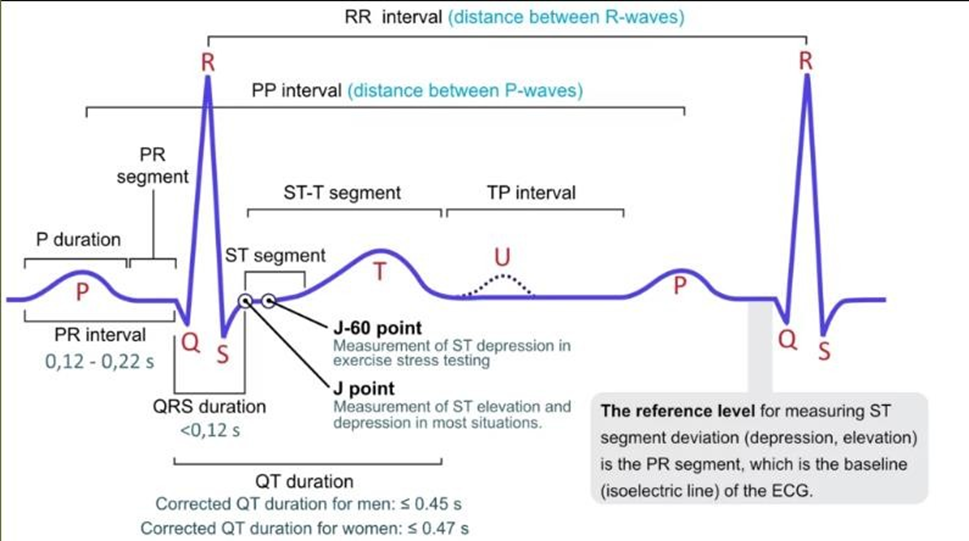A nurse is caring for a client two months following a total laryngectomy. The nurse should recognize that which of the following statements made by the client indicates the need for further teaching?
"My sense of smell is taking a long time to return."
"Breathing through my stoma has diminished my sense of smell."
"I can't smell what I eat, but hope to enjoy eating in the future."
"I am happy to have a mild sense of taste despite no sense of smell."
The Correct Answer is A
A. "My sense of smell is taking a long time to return.": This statement indicates a misunderstanding because, after a total laryngectomy, the sense of smell is significantly impaired or lost due to the inability to breathe through the nose. The client needs further teaching to understand that this change is likely permanent.
B. "Breathing through my stoma has diminished my sense of smell.": This statement is accurate as the stoma bypasses the nasal passages, reducing the sense of smell.
C. "I can't smell what I eat, but hope to enjoy eating in the future.": This shows an understanding that the sense of smell is impaired but expresses a positive outlook on enjoying food in other ways.
D. "I am happy to have a mild sense of taste despite no sense of smell.": This statement indicates an understanding of the sensory changes post-laryngectomy and reflects realistic expectations.
Nursing Test Bank
Naxlex Comprehensive Predictor Exams
Related Questions
Correct Answer is D
Explanation
A. "After the surgery, I will have to be careful with heavy lifting for a few weeks": This statement demonstrates understanding of postoperative precautions, as heavy lifting can strain the surgical site and delay healing.
B. "I know that after the surgery, I will only have one testicle left": This statement indicates awareness of the surgical procedure and its potential outcomes, which is accurate.
C. "I will have to take antibiotics as prescribed by my doctor to prevent infection": This statement reflects understanding of the importance of antibiotic therapy to prevent postoperative infection, which is correct.
D. "I will need to avoid showering for a month after the surgery": This statement is incorrect.
Avoiding showering for a month after surgery is unnecessary and could lead to poor hygiene and potential complications such as infection. The client should be educated that showering is typically allowed after surgery, but they should avoid soaking the incision site in water until it has healed properly.
Correct Answer is "{\"xRanges\":[104.2578125,134.2578125],\"yRanges\":[114.30078125,144.30078125]}"
Explanation

Whether you are a student looking to ace your exams or a practicing nurse seeking to enhance your expertise , our nursing education contents will empower you with the confidence and competence to make a difference in the lives of patients and become a respected leader in the healthcare field.
Visit Naxlex, invest in your future and unlock endless possibilities with our unparalleled nursing education contents today
Report Wrong Answer on the Current Question
Do you disagree with the answer? If yes, what is your expected answer? Explain.
Kindly be descriptive with the issue you are facing.
